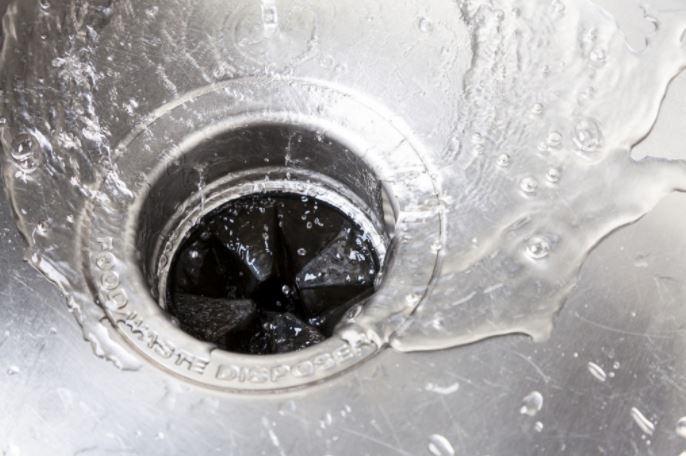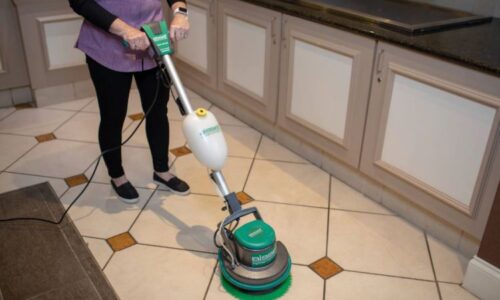 When you think about modern appliances, you can’t help but mourn the not-so-distant past when appliances would chug along and work for decades with minimal human intervention necessary. In fact, you’re probably one of the many thinking “they don’t make appliances like they used to”. Nothing drives this point home more than when a washing machine just dies or a dishwasher needs repair or that top kettle you bought is gummed up with limescale. If you’ve ever had the pleasure of finding your water heater leaking across your hardwood floors, then you know what modern appliances are capable of.
When you think about modern appliances, you can’t help but mourn the not-so-distant past when appliances would chug along and work for decades with minimal human intervention necessary. In fact, you’re probably one of the many thinking “they don’t make appliances like they used to”. Nothing drives this point home more than when a washing machine just dies or a dishwasher needs repair or that top kettle you bought is gummed up with limescale. If you’ve ever had the pleasure of finding your water heater leaking across your hardwood floors, then you know what modern appliances are capable of.
Potential malicious intent aside, there are some things you can do to prolong the life of your appliances. However, it all comes down to understanding the bigger picture, or the problem itself, so to speak. In almost all cases where appliances malfunction or die, hard water is the likely culprit. How does hard water create a problem big enough to land appliances in the junkyard?
How Hard Water Ruins Perfectly Good Appliances
Magnesium and calcium are great when ingested for healthy bones and body, but they are serious problems when it comes to finding these minerals in your water supply. These minerals are solely responsible for making your water hard and will also contribute to mineral deposits and limescale buildup.
The scale buildup may not sound too dangerous on its own, but over time, it can create ghastly problems for your plumbing such as clogs and wear down your water-consuming appliances. Keep in mind, this is a slow process that doesn’t become obvious overnight, and depending on how much you actually use your appliances, it may take years for them to actually reach their breaking point.
One way many homeowners are counteracting the detrimental effects of hard water is by installing a water softener device. This removes the culprit minerals and enables the appliances to remain in working condition for a much longer period of time.
The Water Quality Association or WQA created a 2009 study in which they measured the actual effects of hard water on modern high-efficiency appliances. It was pretty conclusive that toilets, dishwashers, washing machines, and faucets had a shortened lifespan by about 4 years across the board when hard water was used. However, when a water softener was installed, the appliance lifespans were pretty much in line with what manufacturers expected. According to the same study, a water softener allowed homeowners to use up to 50% less detergent with better results.
Hard Water Vs High-Efficiency Appliances
Many modern households opt for high-efficiency appliances in an effort to cut operational costs. In theory, this is a good idea, but without a water softener, the appliances actually offer no benefits. At first, these appliances work well, but as the months and years go by, their efficiency significantly diminishes, eventually costing you a lot of money.
When you decide to soften water in your household, you can ensure that your appliances run longer and better, as recommended by the manufacturer. As most of us are guilty of not reading household appliance manuals, we’re never really aware of the fine print which highlights that efficiency is based on using soft water.
Did you know a water softener can reduce your home’s carbon footprint? Due to a more efficient way of functioning, the appliances use less energy, and they require you to use less detergent.
Your water heater is also affected by whether you choose to install a water softener. The act of heating the water accounts for 14% to 25% of your home’s energy use. By installing a water softener, you can reduce the effects of hard water by up to 29%.
Hard water does indeed wreak havoc on your appliances and may negatively impact their lifespans. Unfortunately, a water softener is the only way to better this all too common problem.

